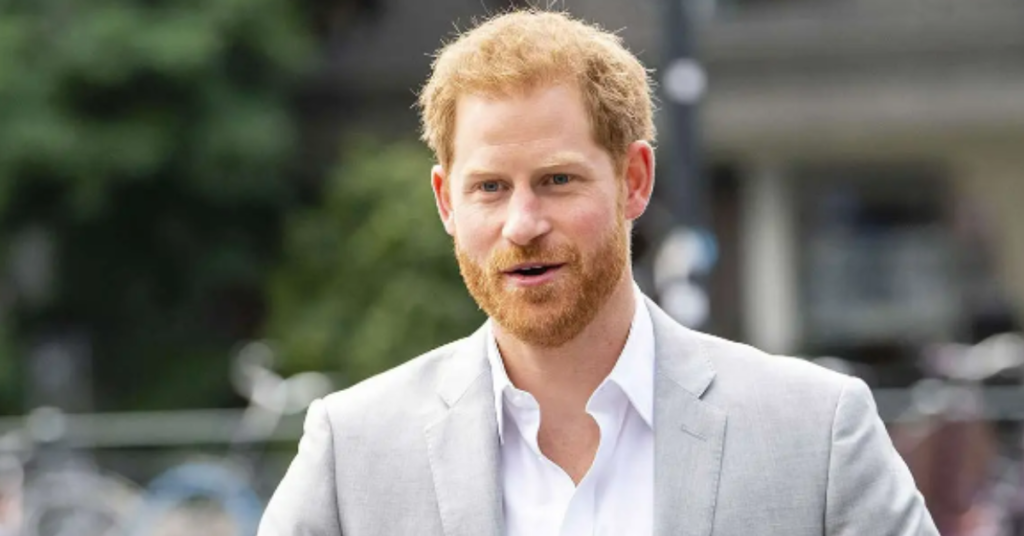This week saw Australia’s release of Spare, Prince Harry’s long-anticipated memoir. This book quickly became a best-seller in the UK, with Transworld Penguin Random House reported to have sold 400,000 copies on the first day of its release. In Spain, the book was infamously leaked earlier, on January 5, which allowed the Australian media to write before its official publishing.
While in Australia the book sales may have not been as enthusiastic as in the UK, many Australians opted to purchase a piece of ‘history’. Bill Shorten, Australia’s Minister for Government Services, became an unlikely supporter of Harry’s new literary adventure. Shorten used the book release to ask publicly if Australia is now finally ready to become a republic.
The memoir filled with words of pain
Prince Harry (his real name is Harold) said in his book that he fled the United Kingdom with his family “in fear for their sanity and physical safety”, without knowing if he would ever come back (p.1). His memoir is filled with words of pain and personal struggles, as well as criticism of alienation, coldness, distance, and “stagecraft” in the daily life of the Royals.
While the Duke of Sussex very fondly recalled his memories of his late grandparents and his mother, Princess Diana, whom he compares to the ancient Greek goddess, his detailed description of tense moments with the older brother William and his wife Kate, as well as King Charles and Queen Consort Camilla, reveals an almost insurmountable rift within the Royal family, whose suitability for Australia’s future was recently questioned by Minister Shorten.
“Borrowing a dysfunctional British family”
Bill Shorten, the former opposition leader and son-in-law of Australia’s former Governor-General Dame Quentin Bryce, is Minister for Government Services in the Albanese government. Since 2007, he was elected six times to the House of Representatives for the Victorian seat of Maribyrnong. As a passionate republican, Mr Shorten used the opportunity that has arisen after Prince Harry’s new book was released, to blast what he perceives as a highly “dysfunctional family” (the Royals) and their suitability to continue to rule as Australia’s head of state amid their bitter family feud.
Shorten believes that the time has come for a renewed debate about Australia’s future in the Commonwealth.
“But perhaps at the deepest level, why do we need to keep borrowing a dysfunctional British family to be the head of state of Australia”, Shorten asked in his interview for the Nine network.
“And it reminds me that this family are the head of Australia, so it puts a question mark around our government structures, where we’ve got a feuding family on the other side of the world who seem to not really like each other very much – they’re actually head of Australia.”
Changing referendum laws
On 6th November 1999, a national referendum on whether Australia should become a republic failed to produce a favourable outcome for the republic’s supporters. Nevertheless, this debate was reignited in the Australian Senate in 2003.
Prime Minister Anthony Albanese refused to hold any formal public discussion about Australia’s future as a republic before ensuring Voice to Parliament, which has been one of the cornerstones of his political activities. However, his government has embarked on some national consultation efforts on this issue.
The Albanese Government might attempt to change the ways Australian referendum laws work before Voice to Parliament is put to a vote. There has been some opposition to these efforts recently.
Currently, only Australians over 40 have experience with voting in a referendum.
With the latest release of Prince Harry’s explosive tell-all memoir, only time will tell whether the Duke of Sussex will remain an unlikely ally to republic supporters in Australia’s debates about becoming disengaged from the Commonwealth — just like the Duke of Sussex did from his royal family.
Dr Nina Khaze


